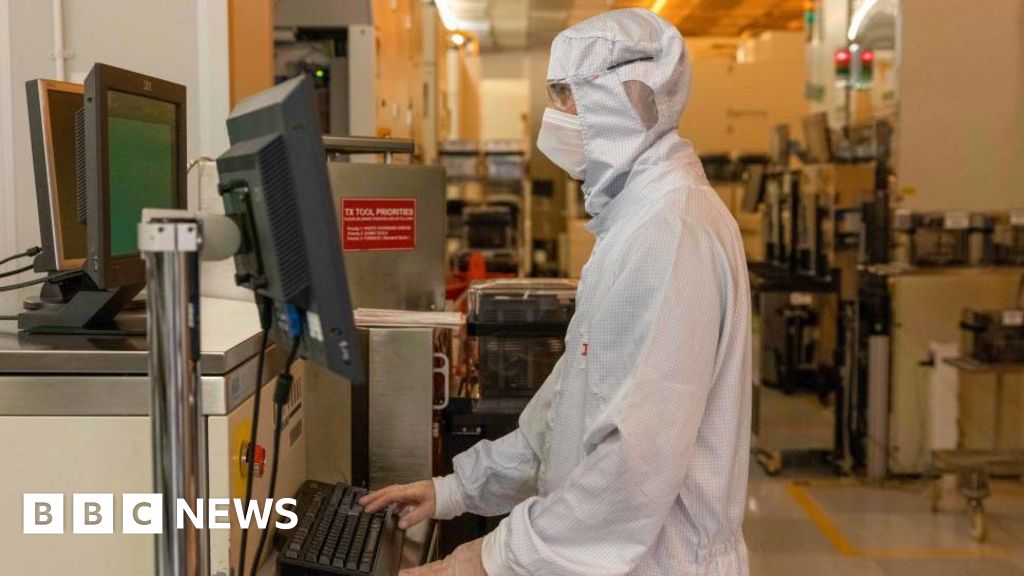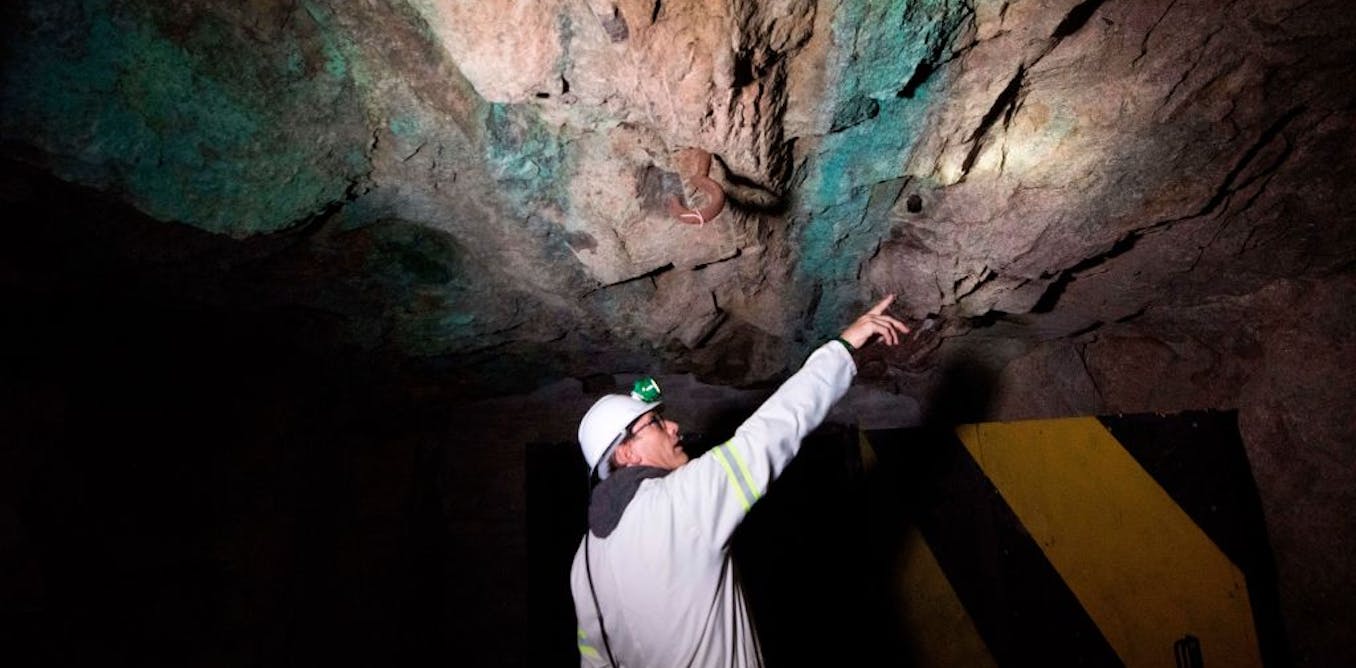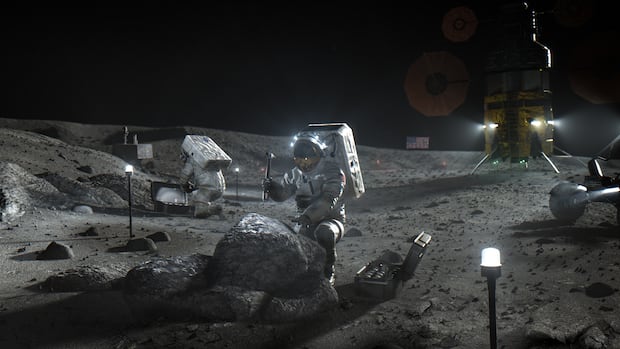Shockwaves in Europe: Dutch Government Seizes Control of Chinese Chipmaker Nexperia!

In an unprecedented move, the Dutch government has seized control of Nexperia, a pivotal chipmaker owned by a Chinese firm, in a desperate bid to secure Europe's semiconductor supply amidst rising tensions between the West and China. This shocking decision aims to safeguard not just the economy but also the technological future of a continent reliant on these essential components for everything from cars to smartphones.
The Hague's reasoning? They cited "serious governance shortcomings" within Nexperia as a major concern, raising alarm bells about the availability of chips in times of crisis. Wingtech, the owner of Nexperia, quickly fired back, indicating their intention to fight back against the Dutch government's decision and seek assistance to protect their rights.
This development isn't happening in isolation. The backdrop includes escalating tensions between the European Union and China, with trade disputes and geopolitical strains coming to a head. Citing national security, the U.S. government had already placed Wingtech on its “entity list,” restricting American companies from doing business with them unless granted special approval. The chips manufactured by Nexperia are not just components; they're the backbone of modern technology.
In the UK, Nexperia faced its own set of challenges, forced to divest its silicon chip plant in Newport after concerns about national security were raised. Just imagine: A factory producing chips crucial for everyday technology now under scrutiny and pressure!
The Dutch Economic Ministry's decision to invoke the Goods Availability Act is indeed a "highly exceptional" measure, reflecting acute signals of internal governance issues. "These signals posed a threat to the continuity and safeguarding of crucial technological know-how on Dutch and European soil," stated the ministry. The implications are staggering. Losing access to such capabilities could jeopardize not only the economic security of the Netherlands but the entire European continent.
However, specifics on why the operations were deemed risky have yet to be revealed, leaving many questions unanswered. This is a developing story that could reshape the geopolitical landscape, with serious implications for the global tech supply chain.

















